Teachers and caregivers can support children who are highly sensitive to the school environment and their emotions.
Get Started for FREE
Sign up with Facebook Sign up with X
I don't have a Facebook or a X account
 Your new post is loading... Your new post is loading...
 Your new post is loading... Your new post is loading...

Richard Platt's curator insight,
May 31, 4:07 PM
The current research landscape may be messy and contradictory, but it illuminates a crucial truth: the impact of AI on education isn’t predetermined by the technology itself—it’s determined by the educational system we choose to implement it within.

Richard Platt's curator insight,
May 17, 2:05 PM
Introduction Key metaphors help determine what and how we perceive and how we think about our perceptions.” — M. H. Abrams The future is filled with unknowns, mysteries, and alternative possibilities.

Richard Platt's curator insight,
May 17, 2:09 PM
This sounds very worrying. Based on a comprehensive risk assessment, it was found that AI companion tools pose unacceptable risks to children and teens under age 18 and shouldn't be used by kids, regardless of whether the tool is intended for use by kids or not.

Richard Platt's curator insight,
May 17, 2:14 PM
When I compare the 7 years I had battling the cellphone in the classroom, vs almost an entire year of phone-free schooling, there is no comparison. Our kids are smarter, more social, and more motivated to do the things they actually want to accomplish in this world when they don’t have a Pavlovian vibration derailing their attention every 20 seconds. This makes for very interesting reading - "My School Banned Phones for the Year. Here's What Happened" - https://fittoteach.substack.com/p/my-school-banned-phones-for-the-year

Richard Platt's curator insight,
May 17, 2:16 PM
f AI allows students to automate routine cognitive tasks – like information retrieval or ensuring that verb tenses are consistent – it doesn’t mean they’re thinking less. It means their thinking is changing.

Richard Platt's curator insight,
May 17, 2:18 PM
For a while, the comforting narrative went like this: AI won’t take your job. But someone using AI will. So, all you had to do was to use AI, and even if you lost your job you could take someone else’s? This is a
https://www.fastcompany.com/91324364/10-ways-to-avoid-losing-your-job-to-ai

Richard Platt's curator insight,
May 4, 1:04 PM
Teachers and caregivers can support children who are highly sensitive to the school environment and their emotions. Very useful, and there is also a link to a free teacher training course at: https://sensitivityresearch.com/training-module/

Richard Platt's curator insight,
May 4, 1:08 PM
The integration of generative artificial intelligence (GAI) in education has been met with both excitement and concern. According to a 2023 survey by the World Economic Forum, over 60% of educators in advanced economies are now using some form of artificial intelligence (AI) in their classrooms, a significant increase from just 20% 5 years ago

Richard Platt's curator insight,
April 25, 5:40 PM
A research-backed AI scenario forecast for the next 2 years, thus an interesting look at how AI and AI agents may impact life within the next 2 years - 2027 |

Nik Peachey's curator insight,
May 27, 6:43 AM
Interesting discussion of ethics in AI https://mglink.org/2025/05/23/what-is-ethical-ai/ 
Richard Platt's curator insight,
May 31, 4:10 PM
"What is ethical AI?" From my perspective, the questions raise the bigger issues.

EDTECH@UTRGV's curator insight,
May 29, 9:41 AM
Here are three tips for schools looking to successfully introduce this technology to their classrooms. 
Richard Platt's curator insight,
May 31, 4:08 PM
Schools are building innovative use cases for artificial intelligence that improve lesson planning and guide students into deeper creativity and critical thinking.

Richard Platt's curator insight,
May 27, 12:53 AM
The core purpose of education is to foster meaningful learning: developing students’ knowledge, skills, and critical thinking. Thus, the most pressing question is how ubiquitous AI assistance affects student learning and engagement with course material. There are valid concerns that easy access to generative AI may encourage academic shortcutting at the expense of learning. Writing an essay or solving a problem set is not busy work; it is structured adversity that develops reasoning, creativity, and resilience. If AI tools simply hand students the answers, they risk short-circuiting that developmental journey. Indeed, early evidence suggests some students are becoming less engaged in the learning process when AI is there to do the heavy lifting. This attitude is troubling: if a generation of students concludes that studying is futile because a chatbot can do it for them, education could face a crisis of engagement.

Richard Platt's curator insight,
May 21, 8:52 PM
As educators, we’re constantly bombarded with new technologies promising to revolutionise our classrooms. Artificial Intelligence has certainly generated its share of both excitement and skepticism (and let’s be honest, a fair bit of eye-rolling too). However, beyond the debates and theoretical discussions, there are practical, immediate applications that can genuinely enhance our teaching practice today. A really useful article from The AI English Teacher - https://theaienglishteacher.wordpress.com/2025/05/20/practical-ai-in-the-classroom-mastering-differentiation-with-ai-tools-without-losing-your-teaching-soul/ Mastering Differentiation with AI Tools (Without Losing Your Teaching Soul!)

Richard Platt's curator insight,
May 17, 2:07 PM
AI is poised to be the most transformative technology of the 21st century. But its benefits won’t be evenly distributed unless we guide its development thoughtfully. The AI Index offers one of the most comprehensive, data-driven views of artificial intelligence. Recognized as a trusted resource by global media, governments, and leading companies, the AI Index equips policymakers, business leaders, and the public with rigorous, objective insights into AI’s technical progress, economic influence, and societal impact. The AI Index Report from Stanford University - This looks at the impact AI is likely to have and is having at present on various elements of society
https://hai.stanford.edu/ai-index/2025-ai-index-report

Richard Platt's curator insight,
May 17, 2:10 PM
Based on the theory of Disruptive Innovation, this paper looks at 3 case studies of GenAI use in education representing different levels of disruptiveness: (1) the sustaining enhancing innovation of combining genAI and (2) flipped classrooms, the sustaining challenging innovation of genAI-aided active learning, and (3) the disruptive innovation of the teacherless classroom.

Richard Platt's curator insight,
May 4, 1:03 PM
An edtech expert describes what the SAMR model (Substitution, Augmentation, Modification, and Redefinition) means in lesson design—and how to reach that elusive final level.

Richard Platt's curator insight,
May 4, 1:07 PM
These proponents of AI predict that the impact of superhuman AI over the next decade will be enormous, exceeding that of the Industrial Revolution. They wrote a scenario that represents their best guess about what that might look like. It’s informed by trend extrapolations, wargames, expert feedback, experience at OpenAI, and previous forecasting successes.

Richard Platt's curator insight,
May 4, 1:09 PM
Content curation is a vital part of the creative process. In this blog post and podcast, we explore why curation matters and how we can help students learn how to engage in the curation process. Listen |






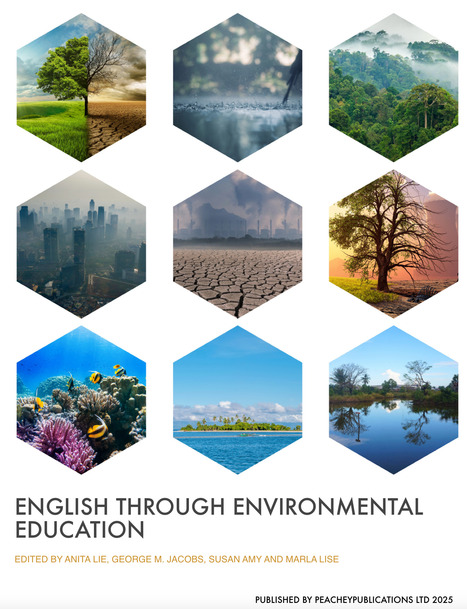
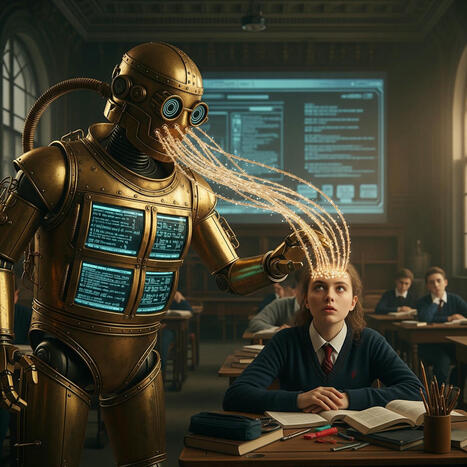

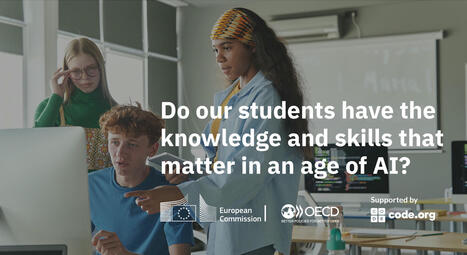
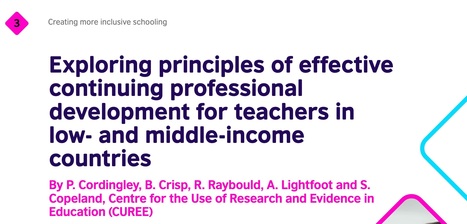
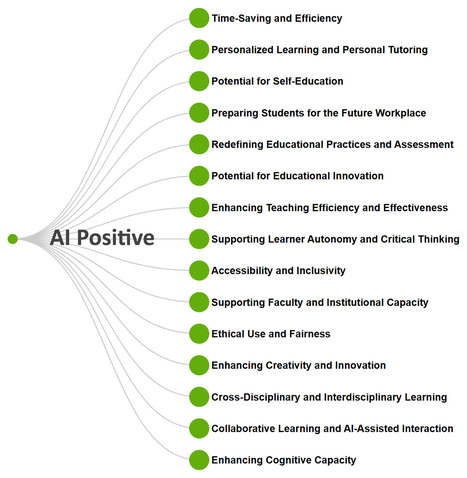





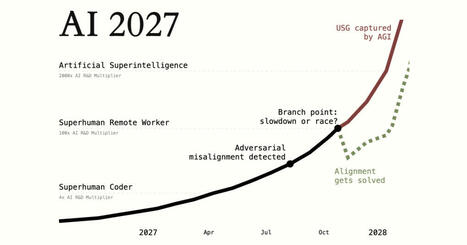
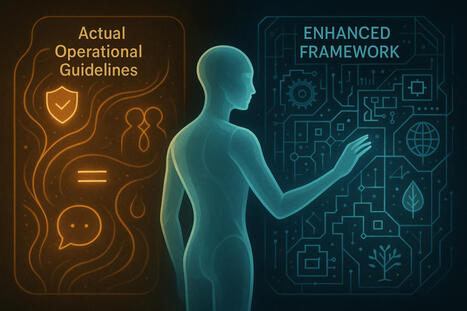



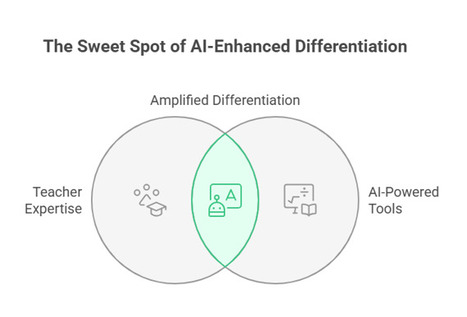
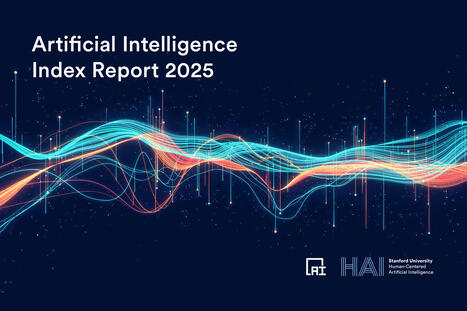

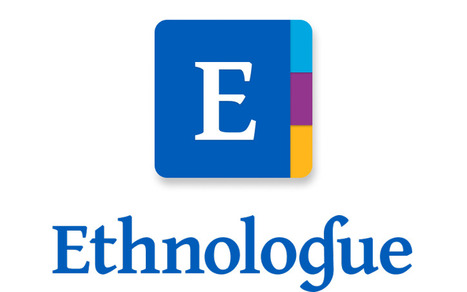
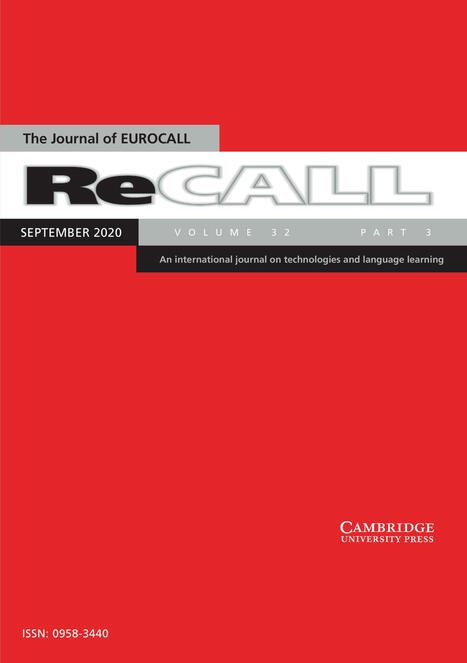

![[PDF] AI 2027 | Learning & Technology News | Scoop.it](https://img.scoop.it/6enPyj-gQfmmhV97LG4ddTl72eJkfbmt4t8yenImKBVvK0kTmF0xjctABnaLJIm9)
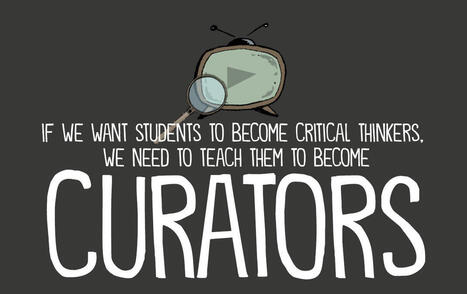





Teachers and caregivers can support children who are highly sensitive to the school environment and their emotions. Very useful, and there is also a link to a free teacher training course at: https://sensitivityresearch.com/training-module/